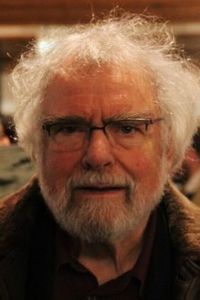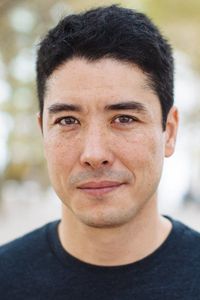Peter Fleischmann was a German film director, screenwriter, producer, actor, cutter, sound engineer, interviewer, and speaker, active from the 1960s to the 2020s.
Born on July 26, 1937, in Zweibrücken, Fleischmann studied at the Deutsches Institut für Film und Fernsehen in Munich and the Institut des hautes études cinématographiques in Paris.
After years as an assistant director, he made his directorial debut in 1963 with short films and children's films, followed by a documentary in 1967, Herbst der Gammler, which explored the Gammler subculture and anticipated the generational conflicts of the 1968 student movement.
His first full-length film, Jagdszenen aus Niederbayern, released in 1969, was based on the play of the same name by Martin Sperr and featured Sperr in the leading role. The film critically examined how a Bavarian village dealt with outsiders, particularly a homosexual character played by Sperr, and was awarded several prizes, including the Filmband in Silber of Deutscher Filmpreis.
Fleischmann co-founded the film production company Hallelujah-Film with Volker Schlöndorff in 1969. In his later works, he often subverted expectations by revealing seemingly villainous characters to be good people.
Fleischmann's 1972 film, Das Unheil, was a critical examination of provincial attitudes in a Hessian small town and environmental pollution, and was awarded the Prix Luis Buñuel at the Cannes Festival. His 1974 film, Dorotheas Rache, was a provocative satire of the sex film wave.
In 1979, Fleischmann directed The Hamburg Syndrome, a film about an unknown infectious plague in Germany, starring Helmut Griem. The film received renewed attention in 2020 during the COVID-19 pandemic.
Throughout his career, Fleischmann was known for his versatility and willingness to take on a wide range of genres and projects.


















